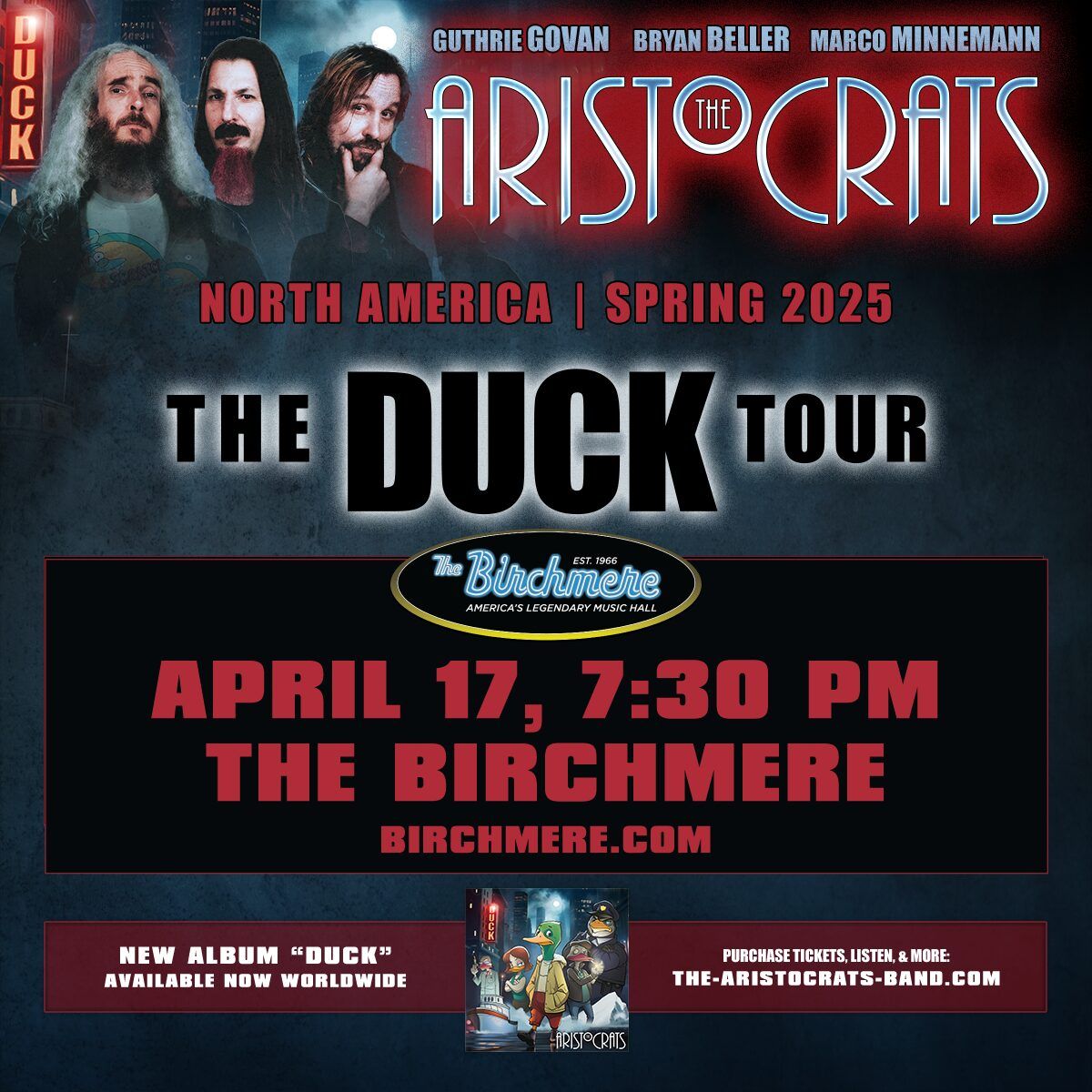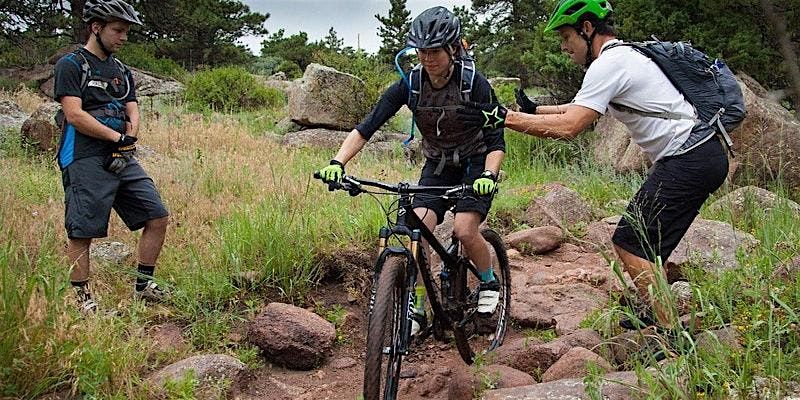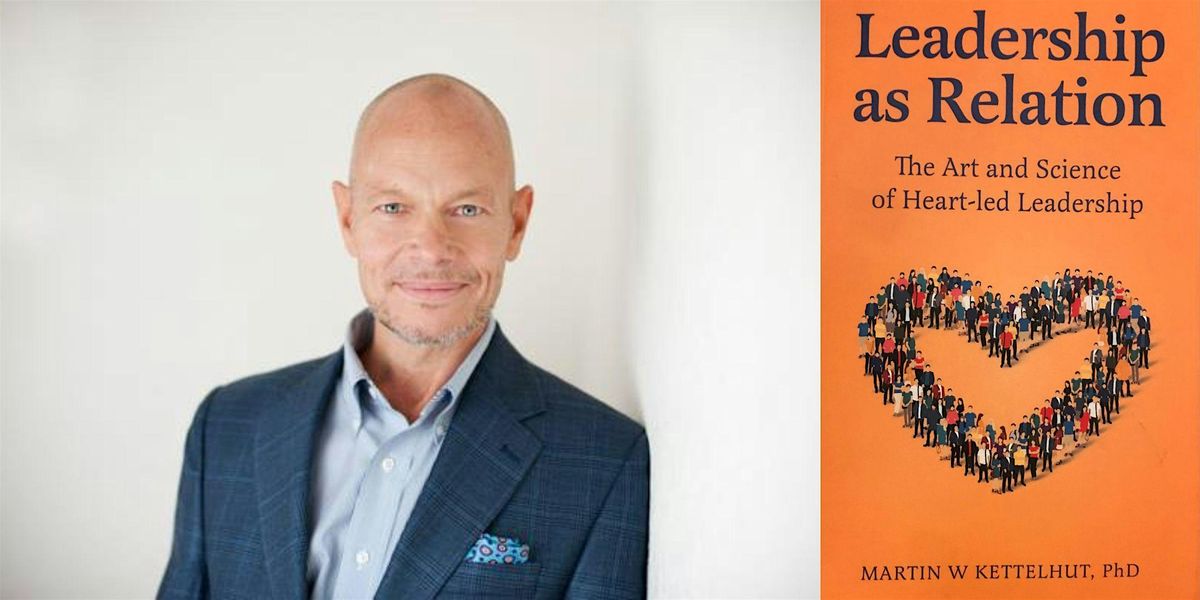
Advertisement
In the last three decades, the explosion of exoplanet discoveries have demonstrated that, on average, every star in the Milky Way hosts a planetary system. With so many planets now discovered, our next challenge is characterizing the atmospheres of those planets to assess their potential habitability and search for the signs of active biology. In this talk, I will highlight recent exoplanet discoveries and describe the role that the University of Colorado’s Laboratory for Atmospheric and Space Physics (LASP) is playing in developing the science, hardware, and training the next generations of scientists and engineers for NASA’s upcoming flagship exoplanet mission, the Habitable Worlds Observatory (HWO). I will describe the HWO mission and how LASP is developing hardware on small satellites and rocket missions, and how we use these missions to train the students who will lead NASA’s future missions like HWO and beyond.Kevin France is a professor at LASP and in the Department of Astrophysical and Planetary Sciences. He is an expert on space instruments for astrophysics and the study of extrasolar planets. He had led approximately 10 NASA rocket and small satellite missions at LASP, works extensively with the Hubble Space Telescope, and is engaged with NASA’s development of future observatories to find habitable planets beyond the solar system.
Advertisement
Event Venue & Nearby Stays
Chautauqua Community House, 301 Morning Glory Dr,Boulder, Colorado, United States
Tickets












